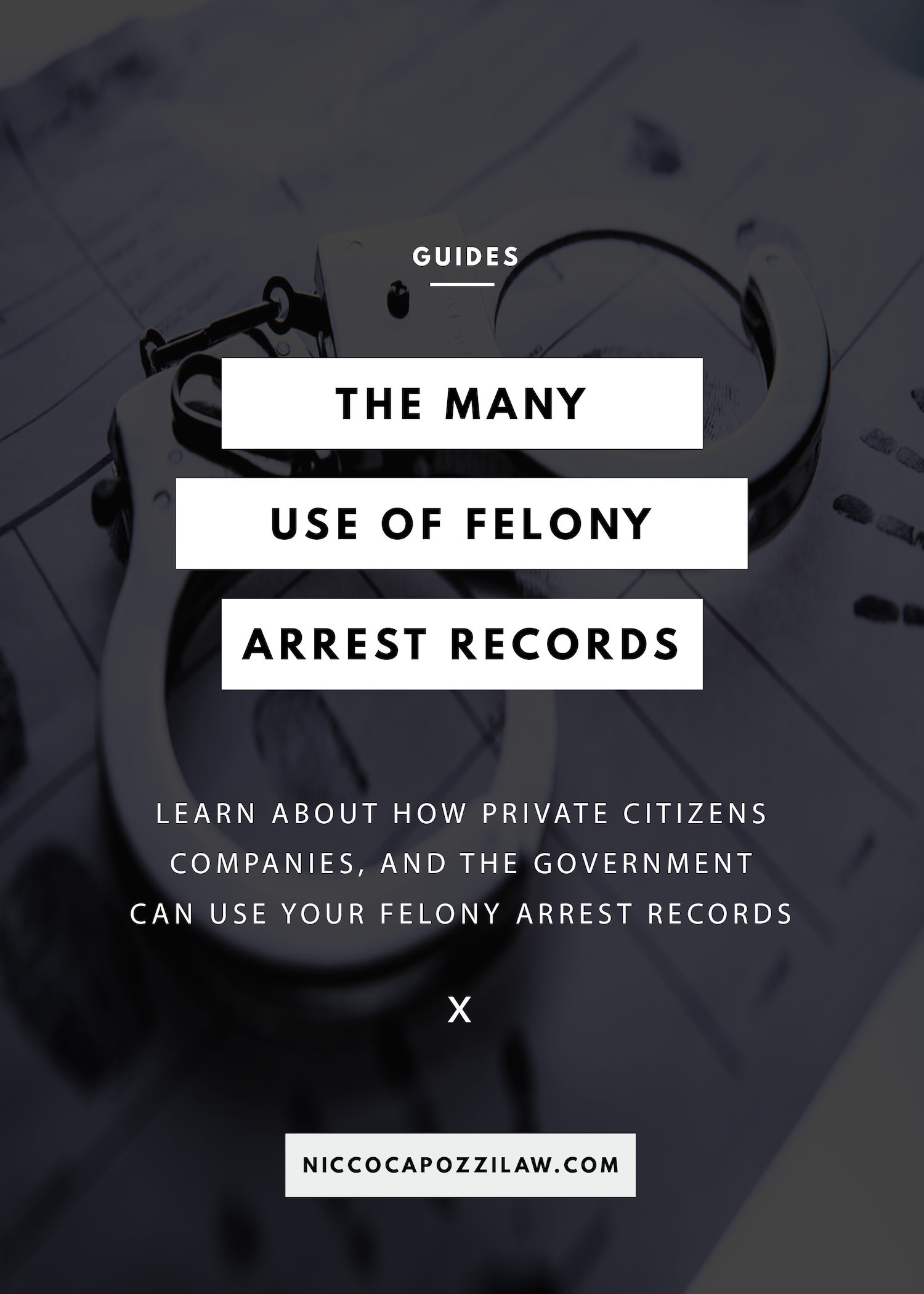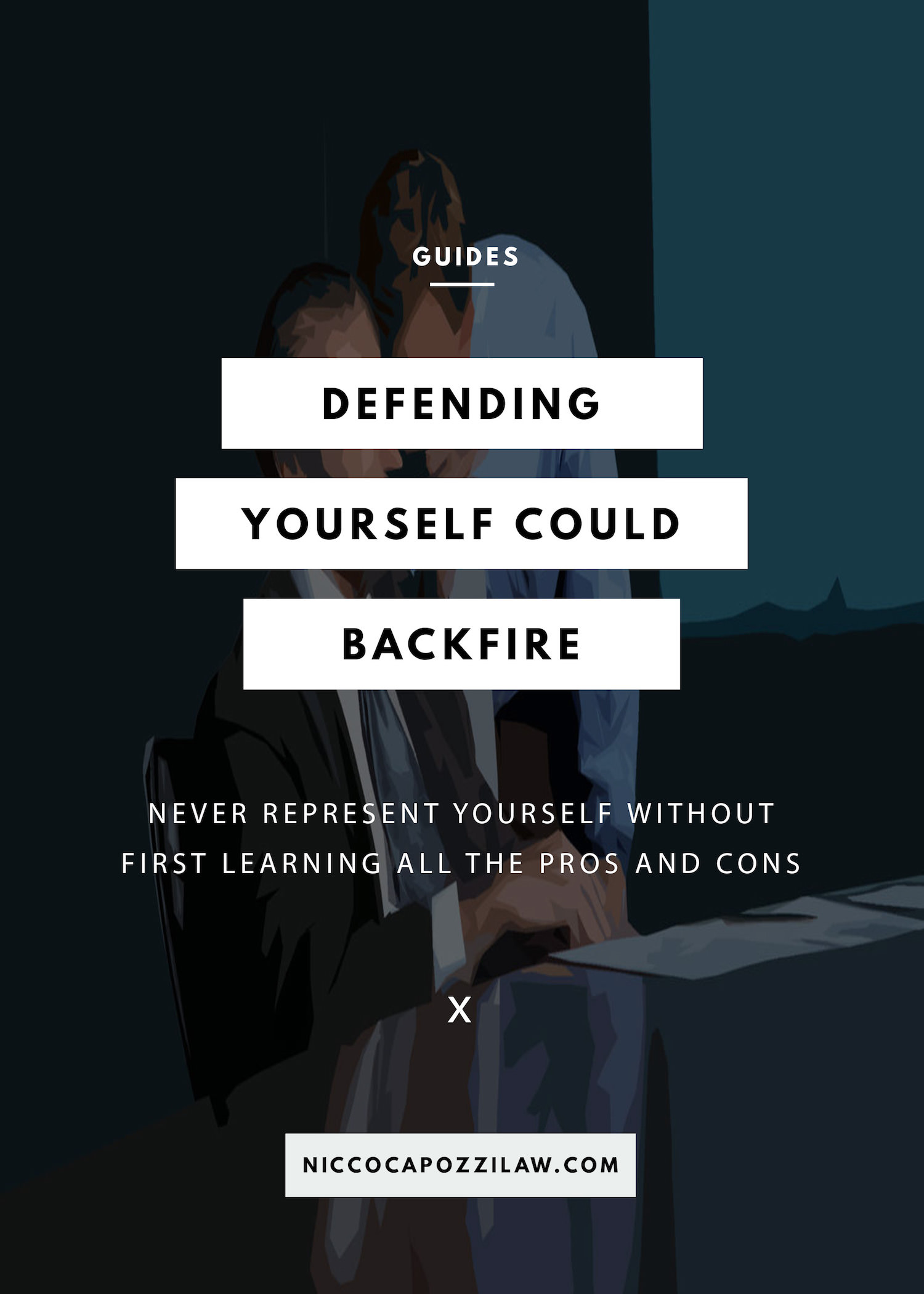Probation/Supervised Release Violations
Many of our clients have an issue after their sentencing occurs. The most common issue is that they are hauled back into court for a release violation. This may mean they violated the terms of probation, they broke a post-release supervision rule, or suffered a parole violation. The court has latitude to reimpose substantial penalties with such violations that may result in you being sent to prison (for the first time or as a repeat offender).
What is a Probation or Release Violation?
That are thousand different ways a violation may be alleged against you. The most common example is through what is called a VOP hearing, which essentially means the probation department believes you violated some term of probation. When placed on probation you are asked by the judge whether you accept the stated terms of probation (at least they are suppose to ask). Common probation terms include that you stay in contact with probation, that you refrain from drugs or alcohol, that you commit no new law violation, that you attended classes, that you take drug testing, that you seek and maintain employment, etc. If you do not follow these rules than the probation officer would have grounds to file a violation in court. You would then likely be arrested and hauled back into court to face the allegation.
When you are sent to prison (and not placed on probation) but released early then you will be on what is called Post-Release Community Supervision. This acts almost identically to probation but the probation officer in this scenario has a bit more latitude in handling the issue outside the normal court process. For example, the officer may be able to order you directly to a work program or for a flash incarceration (short term stay). In federal cases it is called Mandatory Supervision and this also acts in much the same way as in state cases.
What is the Violation Process?
The process for post release violations is both similar and quite different than normal criminal charge procedures. It is similar because it will be handled in front of judge, and you will have the right to have an attorney represent you. It is different though because often times there is no bail during the process and because you are not entitled to a jury trial. Instead the court will conduct a hearing itself to determine whether you violated. This does not have to be proven beyond a reasonable doubt like in a normal criminal case but rather by the preponderance of the evidence standard.
To learn more about our easy fees please visit our upfront pricing page. Such violations are usually straightforward but sometimes the issues can become complex. You should contact a local violation attorney to get more specific answers for your case.





